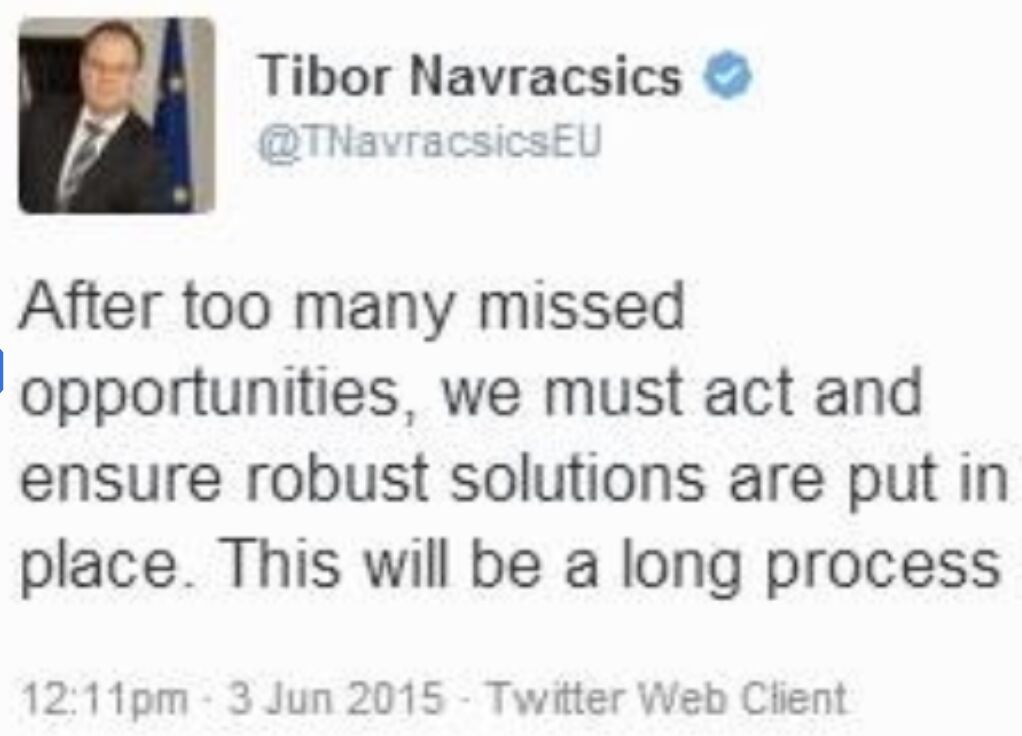By continuing to browse, you accept the use of cookies. To learn more about the use of cookies and our approach to data privacy, click here.
Blog Post
January 23, 2025
By
András Baneth
Communication and Persuasion in Public Affairs: Insights From Andras Baneth
This is a summary of Paul Walsh’s latest episode of Paul Walsh Talks Advocacy and Influence, featuring Andras Baneth.

In the latest edition of Paul Walsh Talks Advocacy and Influence, Paul Walsh welcomed Andras Baneth, an expert in effective communication, AI, and public affairs. Andras, an entrepreneur, author, and trainer, shared his perspectives on the challenges of communicating effectively in the EU bubble, the importance of crafting relatable messages, and the role of AI in advocacy.
Why is messaging in public affairs often ineffective?
Andras pointed to three main reasons why communication within the EU bubble often struggles to resonate:
- Professional backgrounds not rooted in communication
Many working in public affairs come from fields like political science, law, or economics. These professionals excel in policy expertise and technical details but often lack training in communicating to non-expert or broader audiences. - Communication wasn’t historically a priority
In EU policy circles, communication was not considered a necessary skill until relatively recently. Andras linked this shift to the rise of social media and the impact of stronger populist forces in member states, which have created a greater demand for clearer messaging. - The complexity of the policymaking environment
The diversity of interests in Brussels, with 27 EU member states and many third countries, creates a need for compromise. Andras explained that having a strong, clear message might work from a communication perspective but can complicate negotiations and risk alienating stakeholders.
Balancing clarity and diplomacy
When asked about the challenges of making technical and obscure topics relatable, Andras highlighted that subject-matter experts often lack the skills to communicate in a way that resonates with broader audiences. At the same time, the cultural and political makeup of Brussels adds layers of complexity.
The need for compromise often means communicators cannot take a strong position or project a clear message without risking their negotiating leverage. However, Andras explained that it’s possible to strike a balance by using vivid storytelling, metaphors, and relatable examples. He emphasised the importance of being noticeable without being controversial, stating that strong communication does not have to alienate others.
Practical principles for effective communication
When discussing how organisations can improve their messaging, Andras shared several key principles:
- Be relatable
Instead of discussing abstract topics like "microplastics" in general terms, Andras suggested grounding them in everyday scenarios. For example, describing “microplastics in your yogurt at 6:30 a.m. after a sleepless night” makes the issue more vivid and relatable. - Understand internal and external challenges
Andras noted that internal processes within organisations often hinder effective communication. Messages are rarely decided by one person but involve committees and sign-offs, making bold and memorable messages harder to achieve. - Apply proven frameworks
Referring to principles from communication frameworks like Made to Stick, Andras highlighted the importance of crafting culturally attuned and memorable messages. This involves asking foundational questions about the audience’s values, demographics, and influences. - Focus on the audience’s needs
Andras emphasised that organisations should shift their focus from “what do we want?” to “what does the audience want, and how can we align with that?” By understanding the audience’s motivations, organisations can create messages that resonate more effectively.
The role of AI in advocacy
The conversation shifted to how AI, particularly tools like ChatGPT, is transforming advocacy work. Andras shared a simple yet impactful use case: transcribing meetings or public hearings. By feeding audio into AI tools, professionals can generate transcripts, summaries, key takeaways, and even memorable quotes with minimal effort.
However, Andras cautioned about the ethical implications of using AI for persuasion. He drew a distinction between persuasion and manipulation, explaining that ethical persuasion should be transparent and aligned with shared objectives. He also warned against feeding sensitive or private information into AI systems without considering data protection and ethical concerns.
What’s next for Andras?
As someone who thrives on intellectual challenges, Andras is currently focused on two key projects:
- Influence Builders: A training company where he teaches communication, persuasion, and the use of AI tools in strategic communication and advocacy.
- The Right Street: A digital communications company that combines Andras’s expertise in EU affairs with his interest in digital tools and strategic messaging.
Final thoughts
Andras’s insights highlight the challenges and opportunities in public affairs communication. By understanding the audience, crafting relatable messages, and leveraging tools like AI, organisations can cut through the noise and make a lasting impact.
For those looking to refine their advocacy strategies, Andras’s practical advice offers a clear roadmap for success.

